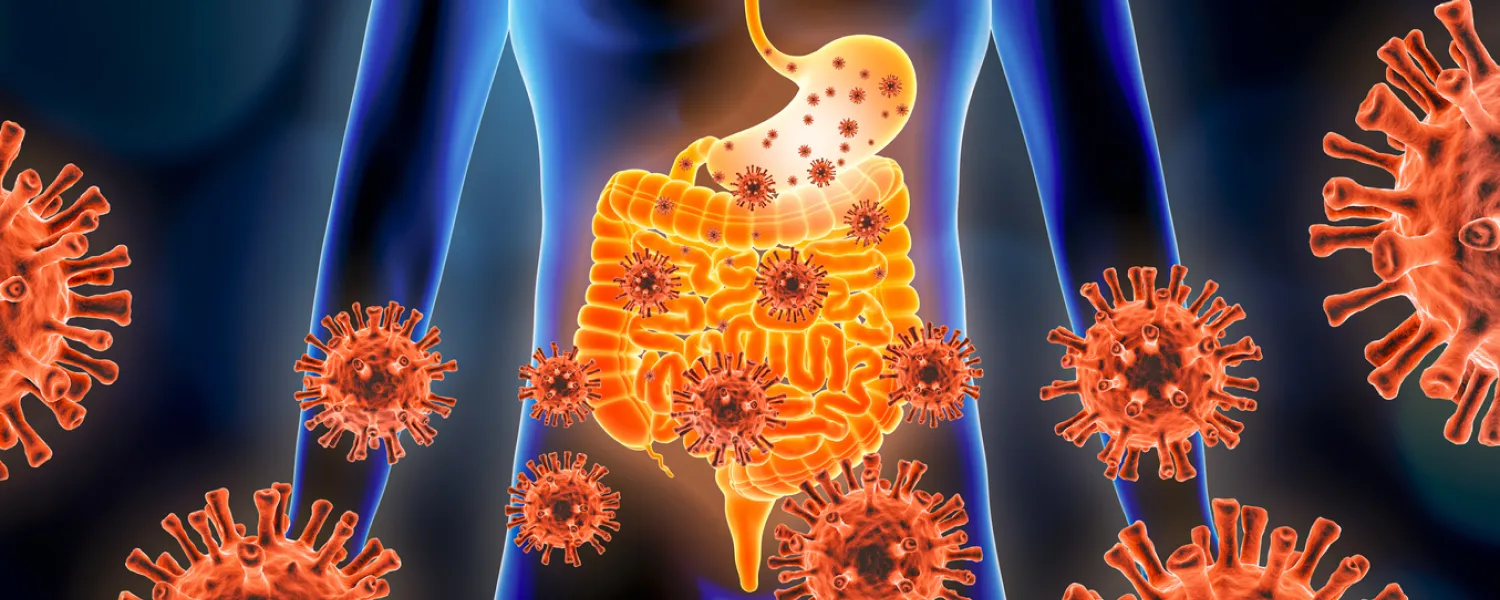
Inflammation is a critical biological response of the body’s immune system to harmful stimuli such as pathogens, damaged cells, or irritants. It is a protective mechanism aimed at removing these harmful stimuli and initiating the healing process. While inflammation is vital for healing and protecting the body, it can also become a problem if it becomes chronic or excessively intense.
Inflammation can be categorized into two types: acute and chronic.
Acute Inflammation:
This is the body’s immediate response to injury or infection. It starts rapidly and becomes severe in a short time. Signs of acute inflammation include redness, heat, swelling, pain, and loss of function. For example, if you cut your finger, the area around the cut will become red, warm, and swollen as the body sends immune cells to fight off any potential infections and to begin the healing process.
Chronic Inflammation:
Unlike acute inflammation, chronic inflammation is a slow, long-term inflammation lasting for prolonged periods, from several months to years.
It can result from an inability to eliminate the cause of acute inflammation, an autoimmune response where the immune system mistakenly attacks healthy tissue, or prolonged exposure to irritants. Chronic inflammation is linked to various diseases such as rheumatoid arthritis, heart disease, diabetes, and even cancer.
Cytokines are small proteins released by cells, especially immune cells, which have a specific effect on the interactions and communications between cells. They play a crucial role in mediating and regulating inflammation. Cytokines can be pro-inflammatory or anti-inflammatory, promoting or inhibiting inflammation, respectively.
Pro-inflammatory Cytokines:
These include interleukins (such as IL-1 and IL-6), tumor necrosis factor-alpha (TNF-α), and interferons. They are typically produced in response to infections or injuries and help to amplify the inflammatory response.
Anti-inflammatory Cytokines:
These include IL-10 and transforming growth factor-beta (TGF-β). They help to regulate and suppress the inflammatory response, ensuring it does not damage healthy tissues.
A cytokine storm, also known as hypercytokinemia, is an excessive and uncontrolled release of pro-inflammatory cytokines. It can occur in response to infections, autoimmune conditions, or certain treatments and is characterized by overwhelming inflammation that can lead to severe tissue damage and organ failure.
During a cytokine storm, the body releases large amounts of cytokines into the blood too quickly. This excessive immune response can cause widespread inflammation and blood clotting, which can result in significant harm. The cytokine storm became widely discussed during the COVID-19 pandemic, where it was identified as a critical factor in the severe progression of the disease.
Managing inflammation involves addressing its root causes and controlling its effects.
This can include:
Inflammation is a vital part of the body’s defense mechanism, but when it becomes excessive or chronic, it can lead to serious health issues. Understanding the role of cytokines and the potential dangers of a cytokine storm highlights the importance of balanced immune responses. Effective management and treatment of inflammation are essential for maintaining overall health and preventing long-term damage.
Want to learn more? Visit our resource page.
Please don’t refresh or leave this page until your ID has been uploaded.